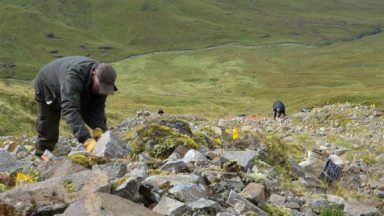Campaigners hope the intervention of the United Nations and the Scottish Human Rights Commission will strengthen maternity services in Caithness.
NHS Highland is considering their advice after downgrading services at Caithness General Hospital in Wick and leaving most mothers-to-be no option but to travel more than 100 miles to Inverness to give birth.
The community opposed the health board’s decision to switch from the county’s consultant-led maternity service to a midwife-led service in 2016 and has fought for its reinstatement ever since.
The move left left hundreds of women having to travel to Inverness to access obstetrics and gynaecology services.
The campaign has reached the United Nations and the Scottish Human Rights Commission. Each has backed the concerns.
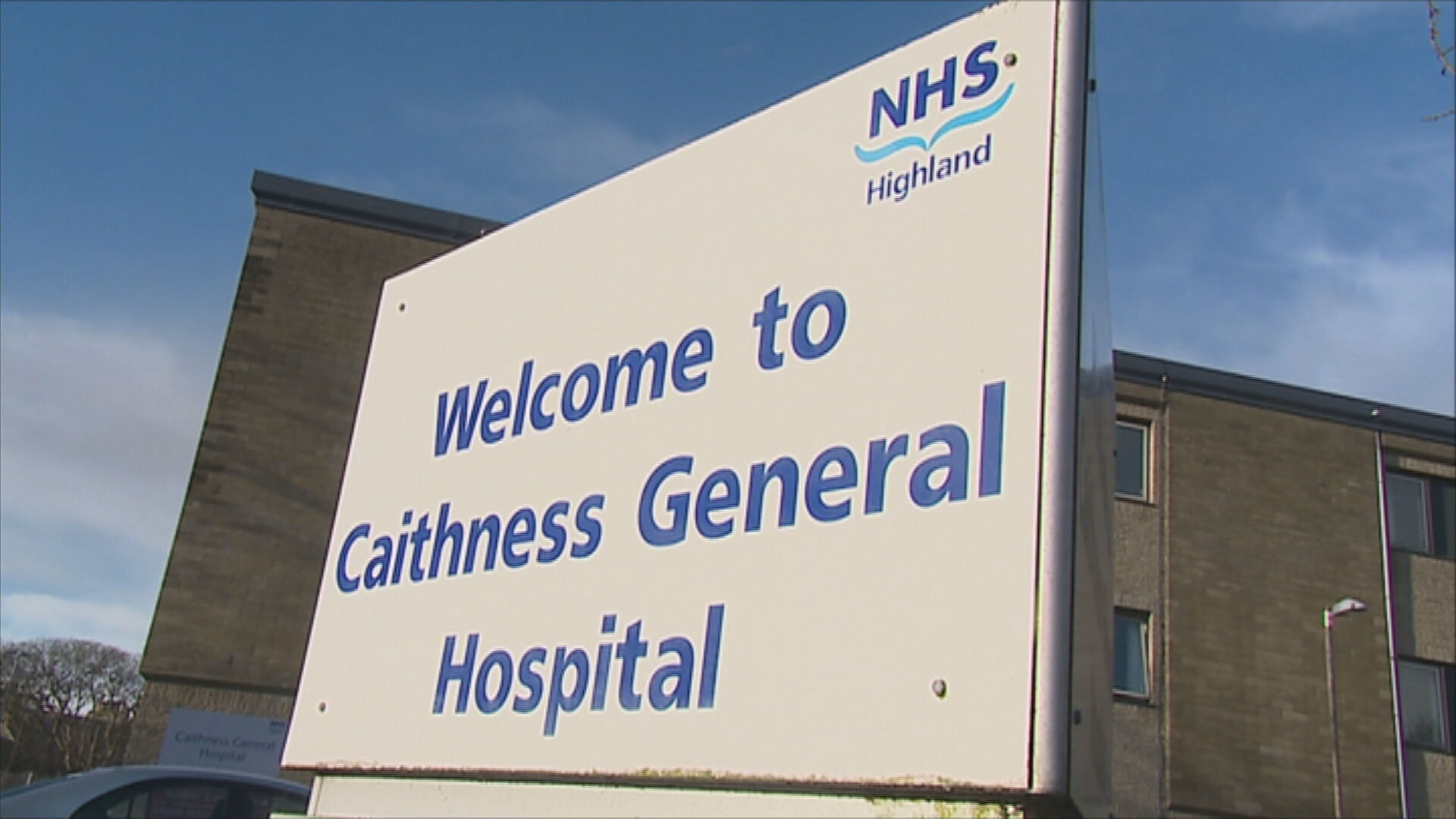 STV News
STV NewsIain Gregory of the pressure group Caithness Health Action Team (Chat) said: “What we need now is the politicians to stop defending the indefensible. We need to get back to the basics to provide local healthcare for local people.
“It’s no use just saying ‘we’ve seen the report’. What we need now is action. What are you going to do about it?”
In February, Gregory told UN Committee on Economic, Social and Cultural Rights that mums and babies in the far north are being denied their rights through “a policy of centralisation, retrogression and reduction of services”.
Campaigners submitted the case to the UN in December 2024 following a major report by the Scottish Human Rights Commission (SHRC) which found that mothers in Caithness and Sutherland felt “unsafe” and “terrified” about going to Raigmore to give birth.
Inaccessible healthcare and poor transport links are key concerns of the human rights bodies. Figures for 2023 show that 215 Caithness babies were born in Inverness – and just 15 at Wick.
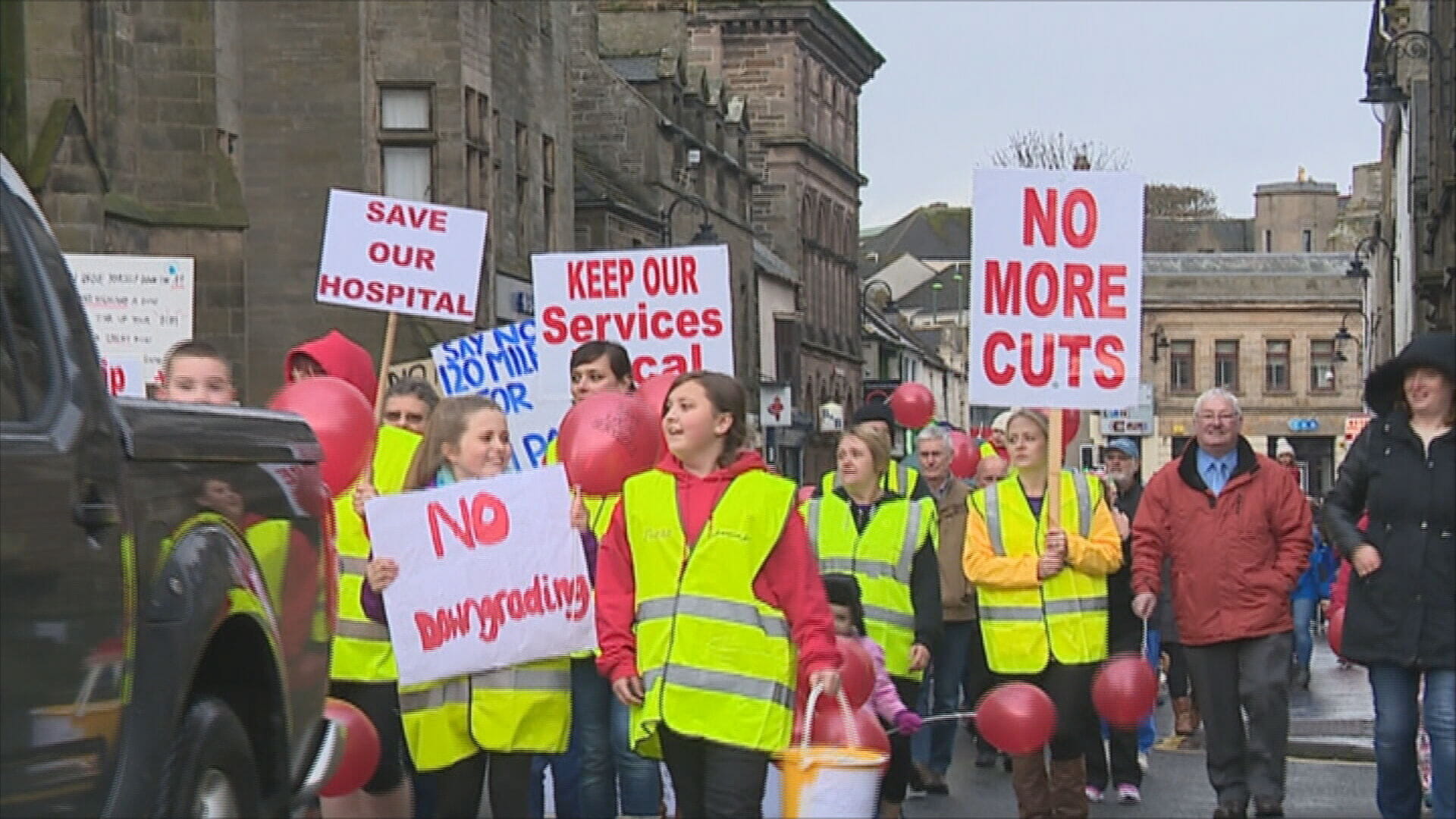 STV News
STV NewsIn a statement, NHS Highland said: “We appreciate the unique challenges faced by people in remote, rural and island areas and in providing safe and effective services as close to home as possible.
“We are a listening and learning organisation and will consider the report alongside our continued community engagement as we work together to plan our services for the future.”
It added: “Safety and quality are at the forefront of all of our service planning, and we provide as many gynaecology and maternity procedures as is safe to do so in Caithness General Hospital.
“There are regular consultant clinics in Caithness and we have successfully increased the midwifery team there.”
Maria Aitken of Chat said: “The staffing issue is quite fragile at the moment.
“We heard recently that two staff members have retired and two have resigned, so that is a huge concern.”
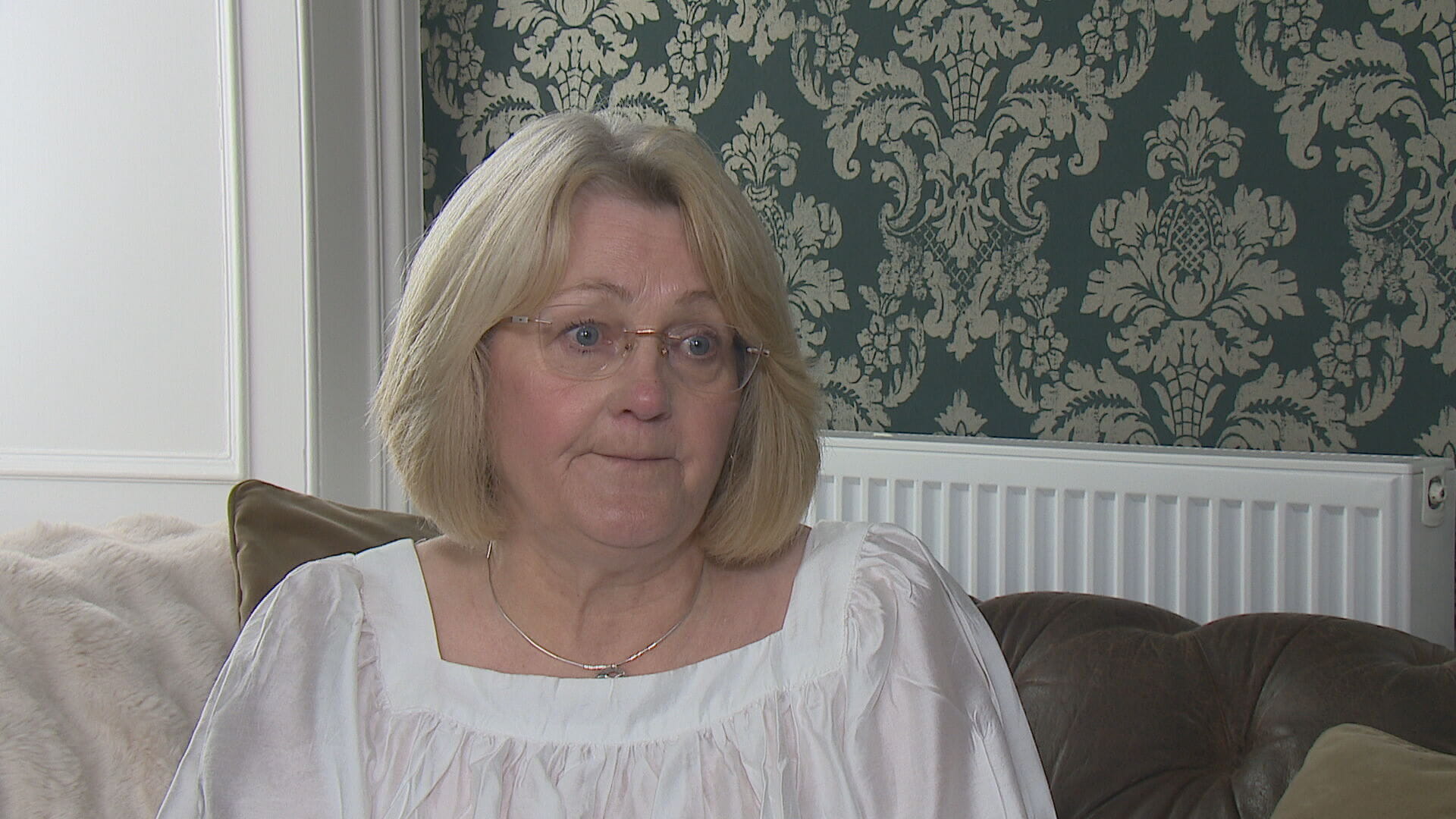 STV News
STV NewsHighlands and Islands Labour MSP Rhoda Grant, who has raised the issue on numerous occasions at Holyrood, said: “We just have to keep on them and they have to understand the dangers of the situation as it stands, and bring services to people rather than expect them to travel huge distances to access them.”
A spokeswoman for the Scottish Government said: “We are considering the recommendations from the report carefully.
“We recognise rights to food, housing and health and that is why we have taken action to advance human rights in practice now, as well as to prepare the public sector for new duties in the future in relation to the rights highlighted in the report.”
She added: “We have established a national centre for remote and rural health and care, to support health and social care providers to establish long-term sustainable healthcare in rural and island areas.
“The aim of the centre is to help reduce remote, rural and island health and wellbeing inequalities through focused work on improving sustainability, capacity and capability of remote, rural and island primary care and community-based workforce and service delivery.”
Follow STV News on WhatsApp
Scan the QR code on your mobile device for all the latest news from around the country


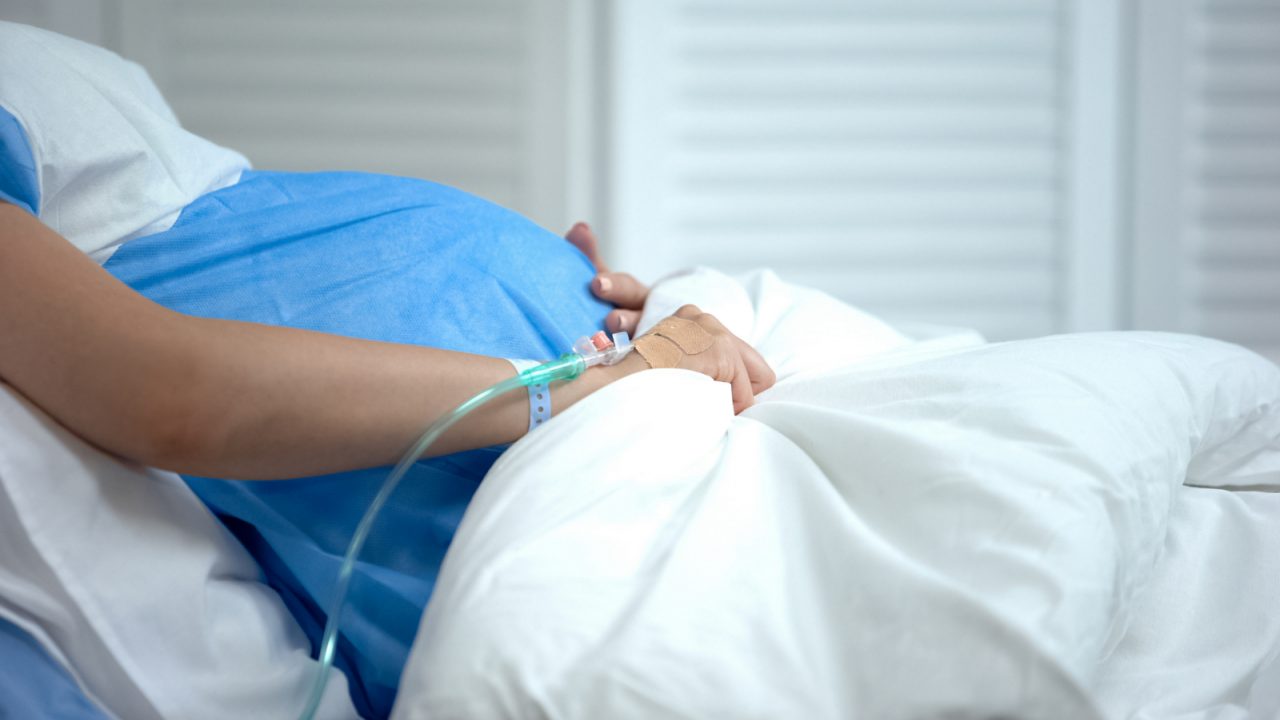 iStock
iStock

















